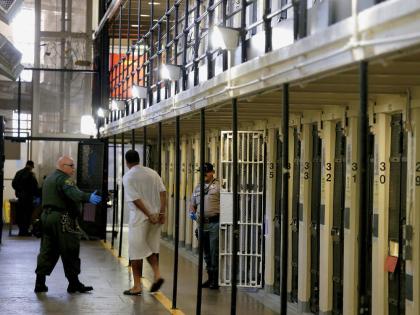1921
As of January 1, Harvard Yard is closed to automobiles, on the grounds that traffic is dangerous on such narrow roads and disturbs the quiet of the Yard.
1931
The Harvard Faculty Club begins operation, with separate entrances, lounges, and dining rooms for men and women.
1941
Max Keezer, proprietor of the near-legendary second-hand clothes shop, dies at the age of 73. An alumnus eulogizes him as "one of the last of the Harvard Square characters, who sold old clothes with old-world courtesy."
1946
President Conant writes 16,000 alumni within a 10-mile radius of Harvard, seeking help in finding housing for married students. Among the dwellings suggested are one sanatorium, a garage, and two country clubs.
1951
The editors report that the Fogg Art Museum's competition for Christmas designs was canceled when only one design was submitted. The coordinators expressed their understanding that "in the present [world] situation...thoughts of peace, goodwill, and beauty are hard to assemble."
1961
The Central Kitchen has installed automatic milk-pouring machines in four House dining halls. After one of the machines malfunctions, a student writes that everyone cheered "this display of mechanical error," as it shows that the kitchen staff "will never be replaceable by machines."
1966
An ex-professor (non-Harvard) wanted by authorities on two continents for industrial espionage files registrations in Monaco for the trademarks of 328 famous corporations, including Harvard--effectively stealing the European rights to Harvard's name.
1971
Two thousand people fill Sanders Theatre for a four-hour "teach-in" featuring Noam Chomsky and Eugene McCarthy--the first teach-in at Harvard since 1968. According to the editors, the purpose was apparently to "dispel widespread claims that students have become apathetic," rather than to educate students about factual issues.
Undergraduate tuition will rise from $2,600 to $2,800 per year in 1971-72--the third increase in as many years.
1976
Upon hearing that the University may "reshape" the House system, one alumnus writes, "In this bicentennial year of our national independence, display the courage to reaffirm the wisdom of our founding fathers and mothers. Return Harvard to Harvard men and Radcliffe to Radcliffe women."
1981
After more than a year in captivity, the American embassy hostages in Teheran are freed, among them Elizabeth Ann Swift '62, John W. Limbert '64, Ph.D. '74, and Moorhead C. Kennedy, J.D. '58.








